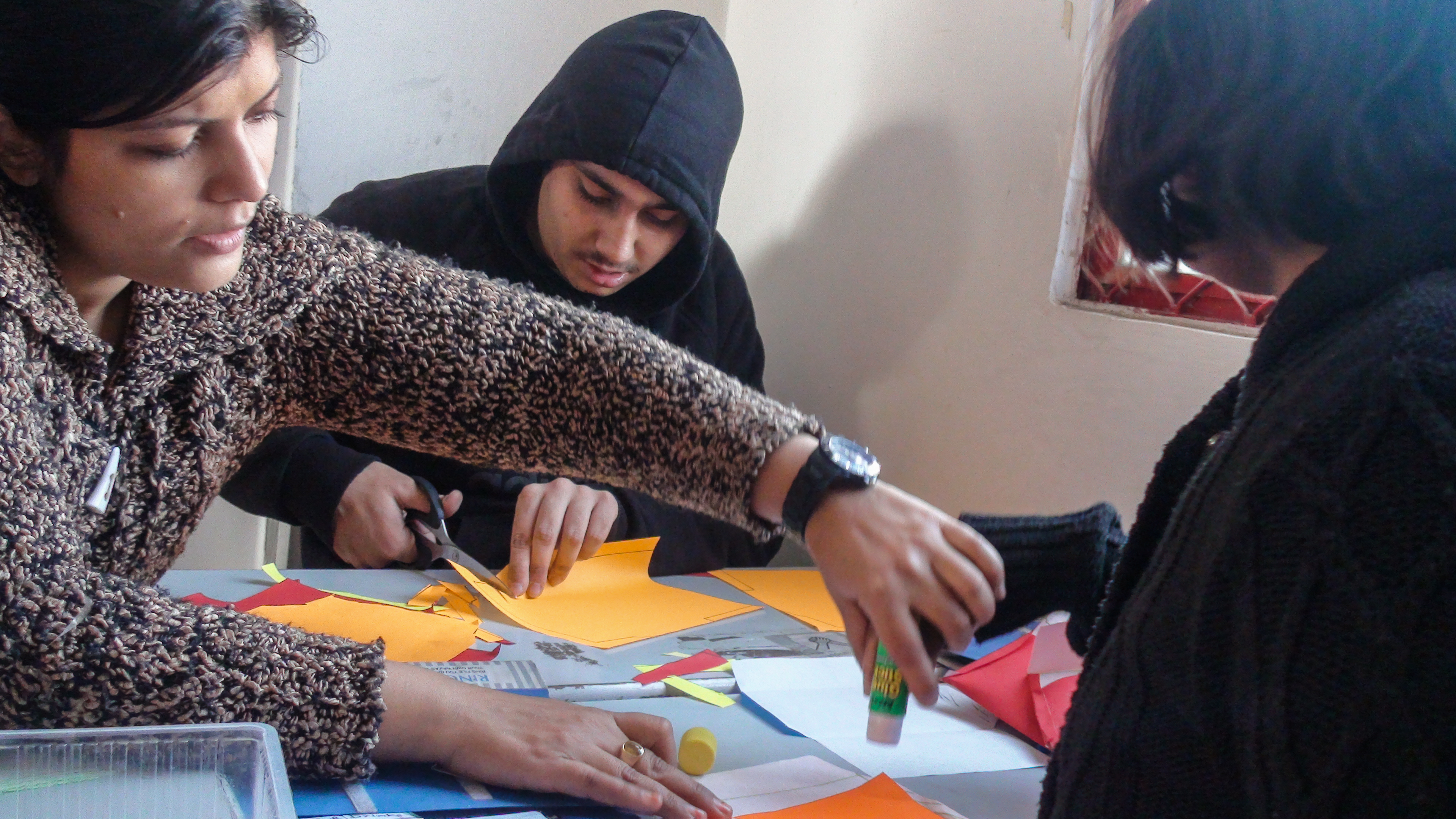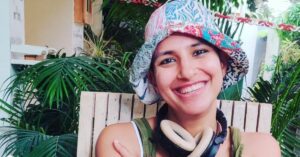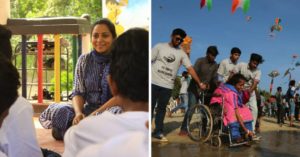“But What Does He Learn at School?” The Parent of an Autistic Child Answers
“Sometimes we struggle as parents to explain to others what our children are learning in a special school.”

We often forget that a lot of the fairly simpler tasks that we complete on a daily basis might be a challenge for some. Although this does not make them any less competent than “the rest of us”, small achievements on their part call for pride and celebration. A mother recounts an incident where she had to explain to a professional what exactly it was that her autistic son learned at school. It seemed tough to explain at first. But her son’s behaviour spoke volumes for itself.
A few months ago my eleven-year-old son Kausatv had to have five of his teeth extracted under general anaesthesia. Of the five teeth, four were milk teeth and one was permanent. It meant a one-night stay in the hospital. The evening we got him admitted, a nurse came in to conduct a routine check-up.
The doctors looking after my son knew knew that he was autistic. But the rest of the staff only knew that he was a child with “special needs”. But how special? They didn’t know.
The nurse, seeing a young boy, proceeded to be friendly by playfully teasing him.
“So you‘ve been eating too many chocolates have you?”, the nurse asked.
Hearing the word ‘chocolate’, Kaustav looked at me and I could see the question in his eyes. Was he going to get some? I quickly told him that there were no chocolates here.
So Kaustav reminded himself by repeating “Eating too many chocolates will give…” and waited for me to finish the sentence. So I said “…will give…” and he added, “A toothache”.
From this little exchange the nurse figured out that something was different here.
I told her my son had autism. The nurse asked, “So what is his problem?” I started to explain while she told Kaustav that he had to change his clothes. Kaustav stood up and started to take off his tee-shirt.
She looked at me and asked, “What school does he go to?” I explained that he goes to a special school.
“And what class is he in?”, she asked while she held out the pyjama top that he had to wear. I explained that there were no ‘classes’, and that the children get a communication-based education specific to their needs. In the meantime, Kaustav had slipped his arms into the sleeves while she buttoned him up.
She then handed him the pyjama bottoms and told him, “Go to the bathroom, take your shorts off and put these pyjamas on”.
Before he left I reminded Kaustav “After you have taken off the shorts, bring them back here.” So Kaustav trotted off to the bathroom.
“Yes but if there are no classes what do they learn? Do they have exams?”, she asked. I wondered how to explain to her what we teach and how we teach it.

I was mumbling my way through the explanation when Kaustav walked back with the shorts in his hand. “Good, Kaustav” I said, “You remembered the shorts.”
The nurse told Kaustav to lie on the bed, which he did. She said, “Put your arm out,” which he also followed through with. She then went on to take his blood pressure.
“So no classes?” she asked.
“No….”
I went on to mumble some more about what happens when teaching a person with autism.
She then told him to open his mouth and popped in a thermometer to take his temperature. She examined him with a stethoscope and strung along all instructions that go with it – “Sit up,” “Breathe deeply”, “Breathe out”.
Kaustav followed them all.
“Yes, but what do they learn?” She asked, while finally packing up all her stuff. “I don’t see what the problem is. He understood everything I told him”.
“That’s precisely what he is learning at his school,” I said, “He is learning to understand.”
Just to conclude, there are two points to keep in mind:
- The whole visit went off very well. He went to the operation theatre alone and reports from the doctors were that he coped better than most of their other patients.
- Kaustav did not understand everything. He understood all the direct instructions given. But he did not understand the very first thing she had said, “So eating too many chocolates, have you?”
(The author, Indrani Basu, is the Founder & Director of Autism Society West Bengal, ASWB and the mother of a young individual with autism. This current work was first published in the December 2006 issue of the Autism Network Journal.)
You can help Action For Autism reach out and provide services to people with Autism and their families by contributing online.
Like this story? Or have something to share?
Write to us: [email protected]
Connect with us on Facebook and Twitter.
NEW: Click here to get positive news on WhatsApp!
This story made me
- 97
- 121
- 89
- 167
Tell Us More
We bring stories straight from the heart of India, to inspire millions and create a wave of impact. Our positive movement is growing bigger everyday, and we would love for you to join it.
Please contribute whatever you can, every little penny helps our team in bringing you more stories that support dreams and spread hope.



















